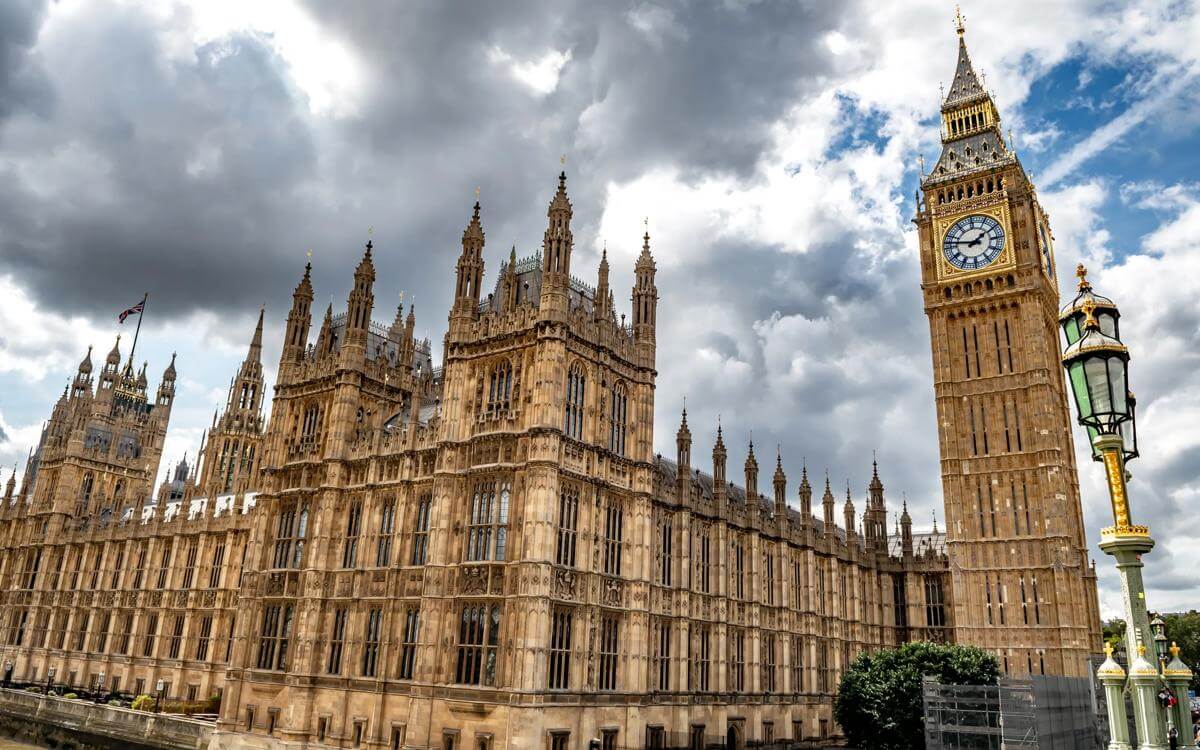
Social care services
The social care sector, for both children and adults, is large and dynamic involving public, private and charitable organisations.
Changes in statutory frameworks and associated new duties, complex procurement and commissioning practices for local authorities and an active, funded and competitive private sector, all mean that social care providers face a breadth of legal challenges. Our multi-disciplinary social care team understands your environment and social care law. Our goal is to ensure we meet the differing objectives of all providers.
What we do
- Our clients - over 50 local authorities, registered charities, residential and domiciliary care providers, insurers, sports governing bodies, religious organisations and inspectorates including the Care and Social Services Inspectorate Wales.
- Over 20 years' experience - we act for inspectorates, conduct child and vulnerable adult protection audits and policy reviews and attend risk management committees.
- 20 dedicated social care lawyers - based in Nottingham, Exeter, London and Birmingham, the largest specialist team in private practice.
- Ongoing training - on the latest social care regulatory developments and government guidance.
"They always try to understand and represent the client's business through their eyes, while challenging preconceptions to provide the best advice and guidance."
Featured experience
A local authority
Guiding a local authority on their transition to being part of an ICS, including reviews of structures and governance.
A local authority
Supporting a local authority in a complex supplier dispute and successful transition to a new provider. Dispute included commercial disputes, overpayment issues, and threatened JR of service user care plans and of MO decisions.
At the forefront of legal a developments
At the forefront of legal a developments in social care liability, including acting for the Defendant in Armes on the scope of vicarious liability for foster carers, and currently in cases on duty of care of local authorities and the role of the Human Rights Act in liability claims arising from safeguarding interventions.
Foster care claim
Successfully defending a foster care claim on the basis it was statute barred, although the judge in this case concluded that a non-delegable duty could be owed.
Key contacts

Sarah Erwin-Jones
Partner

Helen Rideout
Partner

Leah Jones
Partner

Laura Broadhead
Senior Associate

Joanne Pruden
Partner









































